A new study from Macquarie University, Australia, has sounded the alarm about the potential impact of the fungicide chlorothalonil on insect populations, which are already facing extinction.
The chemical, widely used to prevent mold on fruits and vegetables, was found to significantly reduce insect reproduction even at the lowest doses.
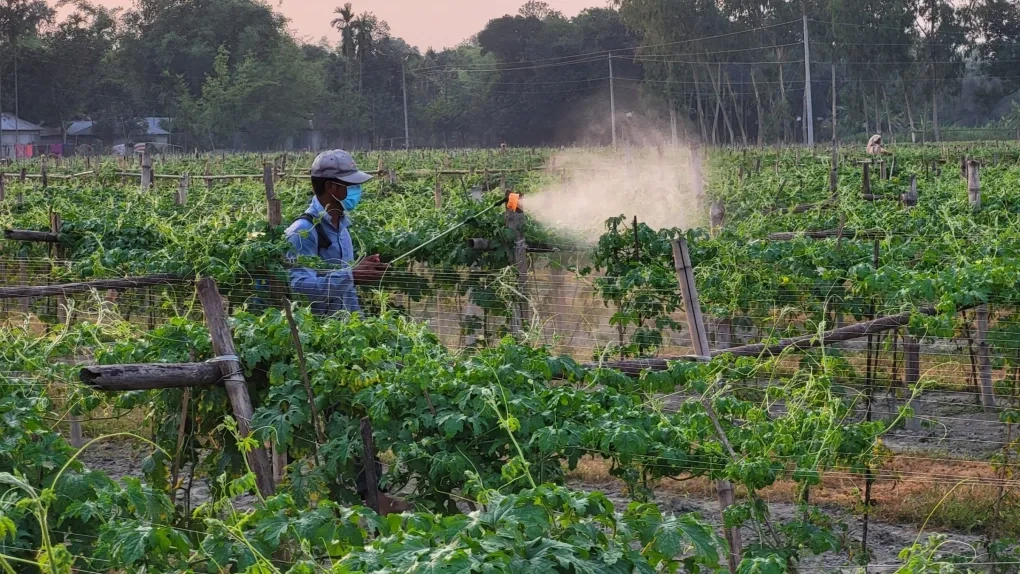
Are insects also facing extinction? (Photo: Shutterstock).
Scientists conducted experiments on fruit flies, exposing them to doses of chlorothalonil commonly used in practice. The results showed that the fruit flies' egg production was reduced by more than a third, with an immediate and significant impact on the fertility of both male and female flies.
The study highlights that it is not just fruit flies that are affected. Other important insects such as bees and other pollinators, which play a vital role in global food production, are also at risk of population decline.
This can lead to serious damage to crop pollination and reduce agricultural yields.
The discovery adds to a growing list of studies documenting an alarming decline in insect populations worldwide , a phenomenon some scientists have warned is an "insect apocalypse."
What is more worrying is that chlorothalonil is often used as a preventative measure, even when there is no sign of fungal infection on crops. Although the European Union has banned the chemical, it is still widely used in many other parts of the world, from vineyards to fruit farms.
Despite its widespread use, chlorothalonil has not been extensively studied for its effects on insects. Fewer than 25 studies have examined the issue in depth, but all have confirmed that the chemical contributes significantly to the decline of beneficial insect species that pollinate crops.
The researchers recommended reconsidering the frequency of chlorothalonil use, recommending spacing out sprays to allow insect populations time to recover.
This is seen as a temporary solution to minimize the damage this chemical is causing to insects, in the context of the need for more comprehensive assessments of the environmental impact of conventional pesticides.
Source: https://dantri.com.vn/khoa-hoc/diem-bao-ngay-tan-the-cua-con-trung-khong-con-xa-20250709020244481.htm






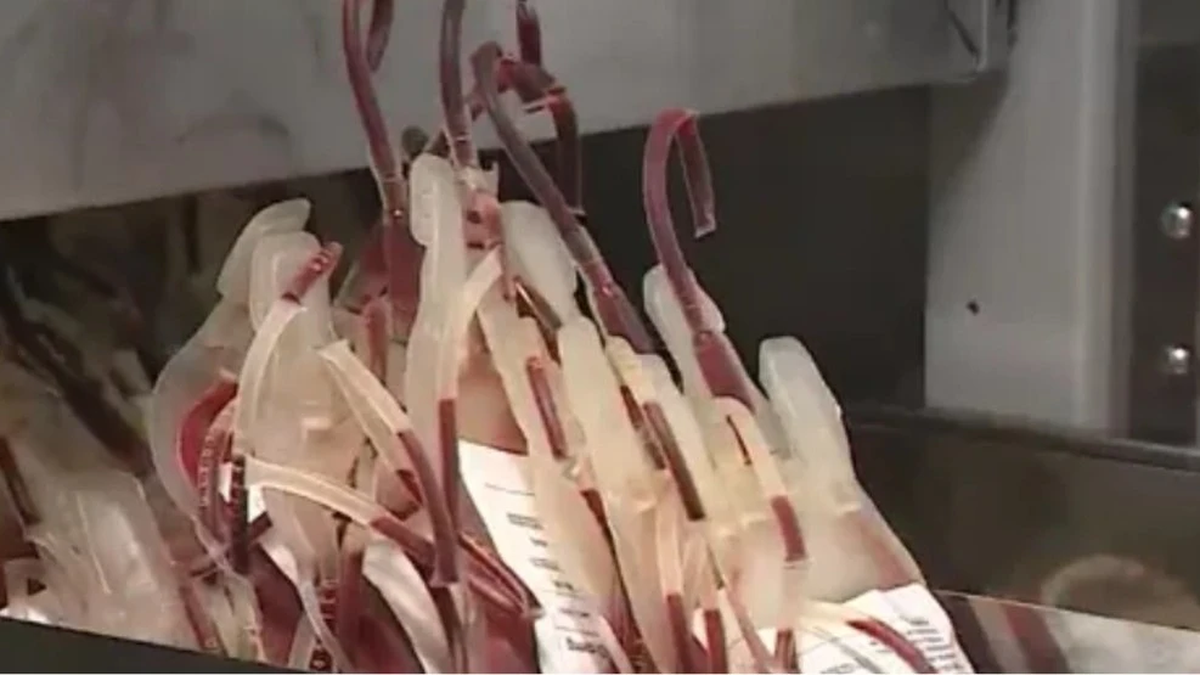
















![[Photo] Gia Lai provincial leaders offer flowers at Uncle Ho's Monument with the ethnic groups of the Central Highlands](https://vphoto.vietnam.vn/thumb/1200x675/vietnam/resource/IMAGE/2025/7/9/196438801da24b3cb6158d0501984818)


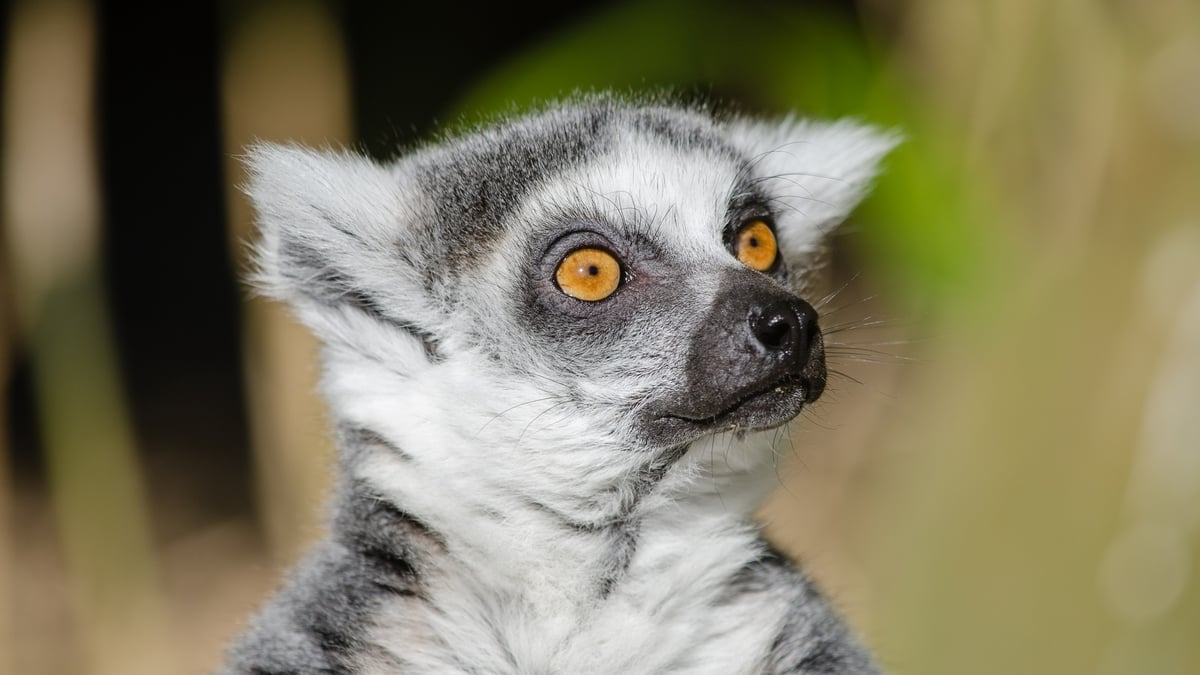



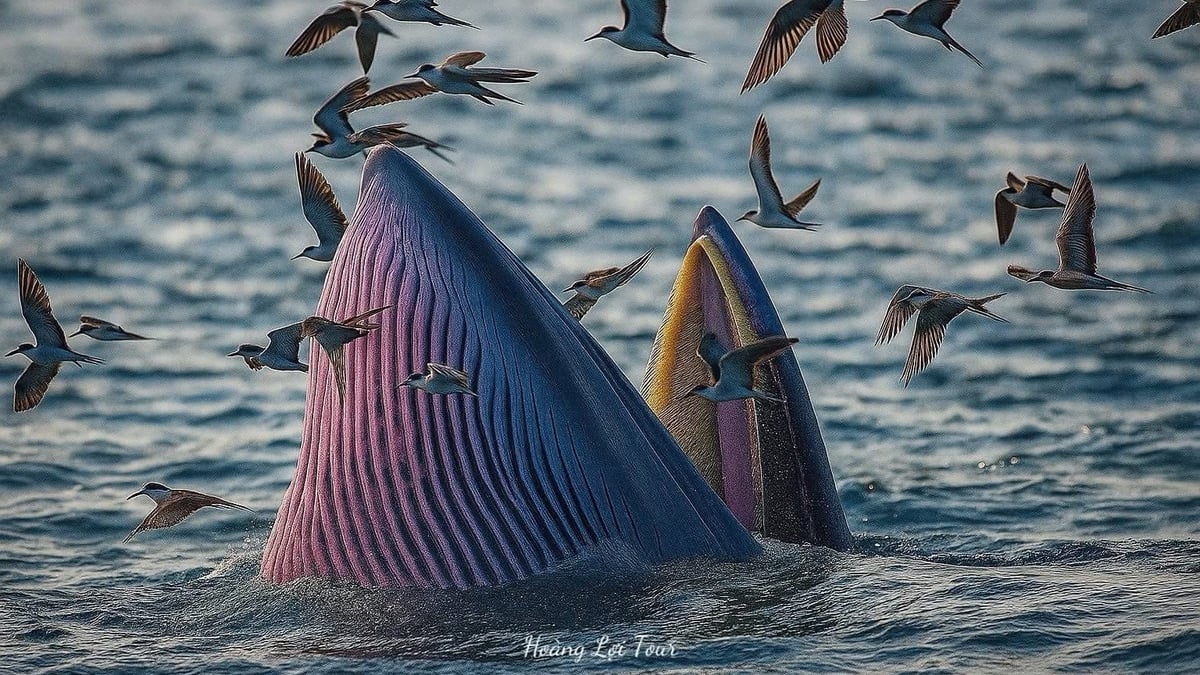









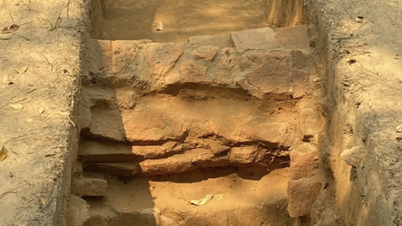


















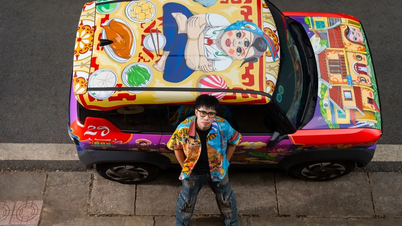


















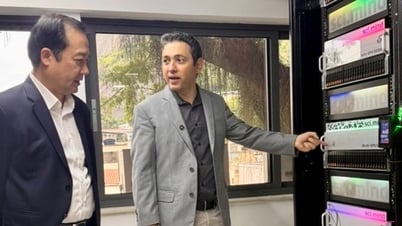








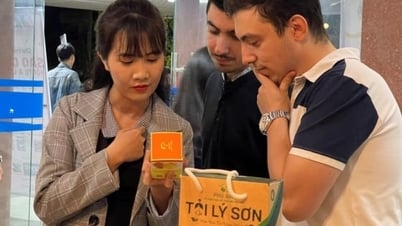




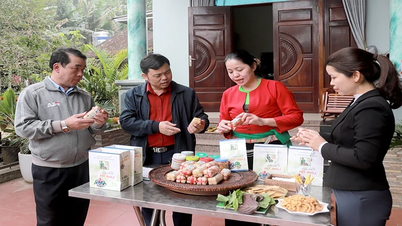




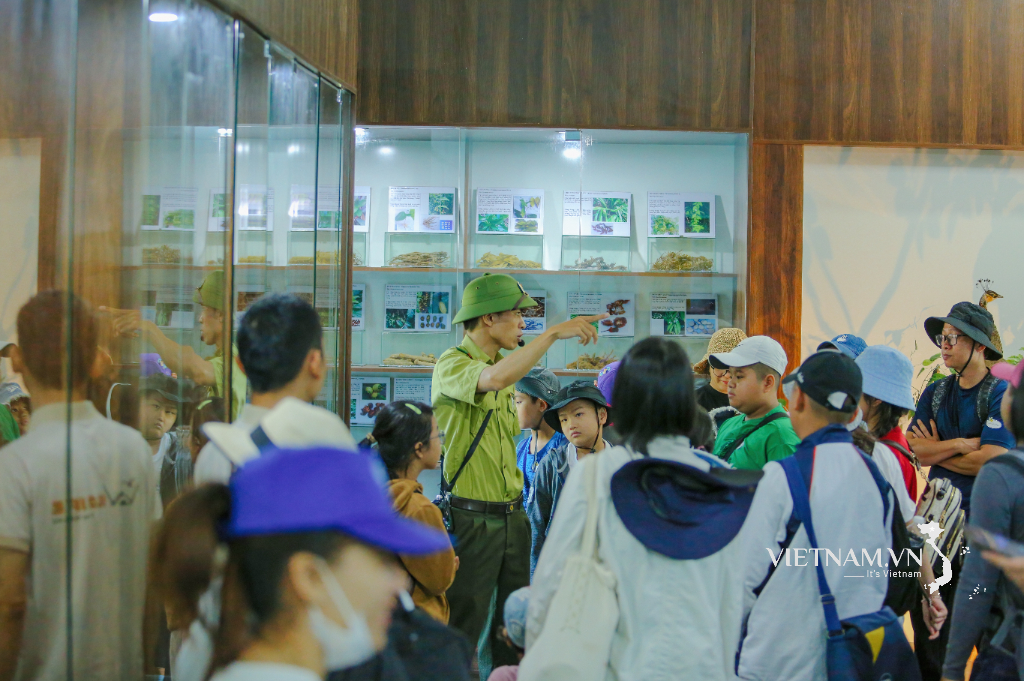
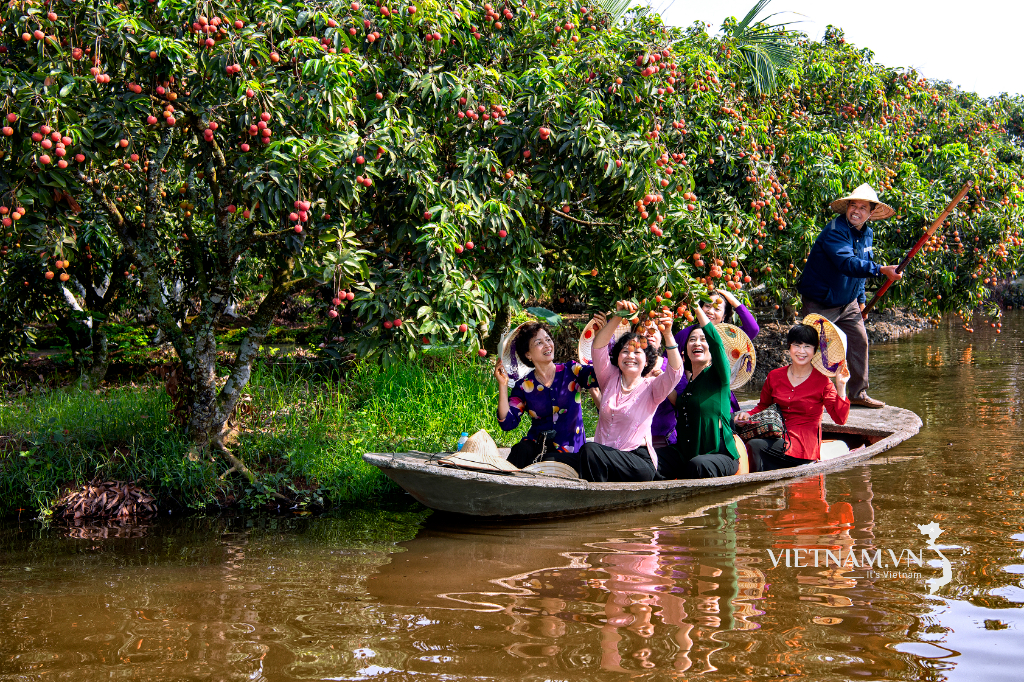


Comment (0)